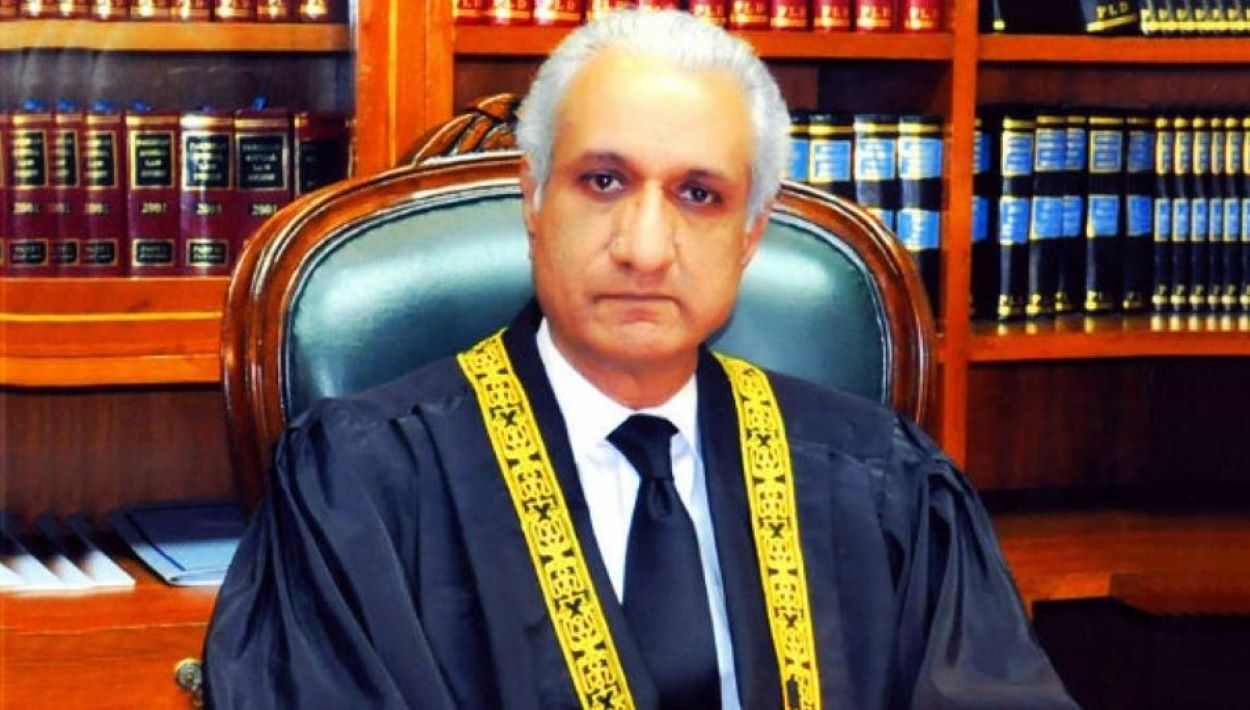Justice Ijaz Ul Ahsan of the Supreme Court voiced apprehensions over the potential infringement on the independence of the apex court through the enactment of the Supreme Court (Practice and Procedure) Act 2023.
Justice Ijaz Ul Ahsan’s remarks came during the review of petitions that question the law intended to govern the discretionary powers of the nation’s primary judicial figure.
A full-court bench led by Chief Justice of Pakistan (CJP) Qazi Faez Isa, comprising 15 Supreme Court judges, is evaluating the case; the hearing was televised live on the state-operated PTV channel.
One focal point during the hearing was a debate between Muttahida Qaumi Movement-Pakistan’s (MQM-P) lawyer, Faisal Siddiqi, and several justices, primarily concerning interpreting the term “law” and its implications in the Act. Tensions occasionally flared, with interruptions and exchanges punctuating the proceedings. CJP Isa frequently interjected, urging for the lawyer to be allowed to present his case without undue disruptions.
Key Points of Contention in the Act
Justice Ahsan voiced concern over the constitutional distinction between the judiciary, the executive, and the legislature. He suggested that the Act might be overstepping boundaries, potentially compromising the independence of the Supreme Court. However, Siddiqi argued for a limited supervisory role of the parliament over the Supreme Court.
A pivotal debate emerged regarding the potential extension of the Supreme Court’s jurisdiction in line with laws and the Act’s definitions of various procedural and jurisdictional aspects.
The Act confers the ability to initiate suo motu actions to a trio of senior judges, including the chief justice. Its objective is to ensure transparent processes within the highest court and incorporates an appeal mechanism.
Specifications include:
- A committee comprised of the CJP and the two most senior judges will be responsible for bench formations.
- Matters needing the invocation of Article 184(3) will be reviewed by this committee first.
- The committee will establish a bench of at least five apex court judges in cases demanding constitutional interpretation.
- Provisions for appeals against verdicts by the apex court bench have been clarified, including conditions and timelines.
- The Act stipulates rights and procedures concerning counsel appointments, review applications under Article 188, and considerations for urgent or interim relief applications.
The law’s comprehensive nature and its potential ramifications on the independence and operations of the Supreme Court are evidently at the heart of these proceedings.






